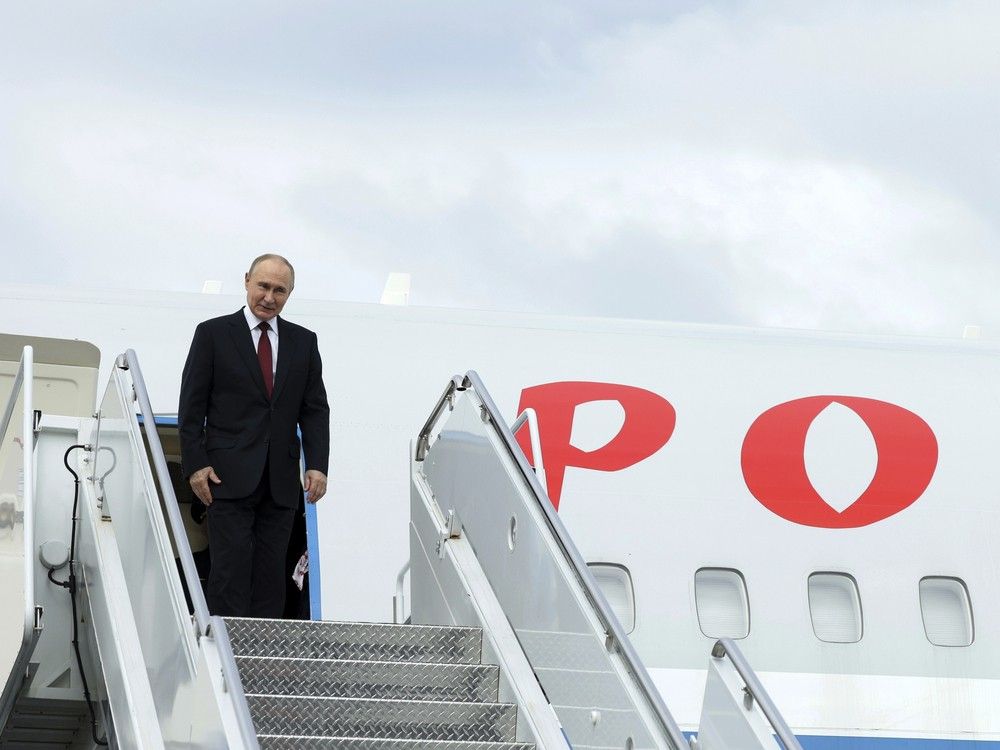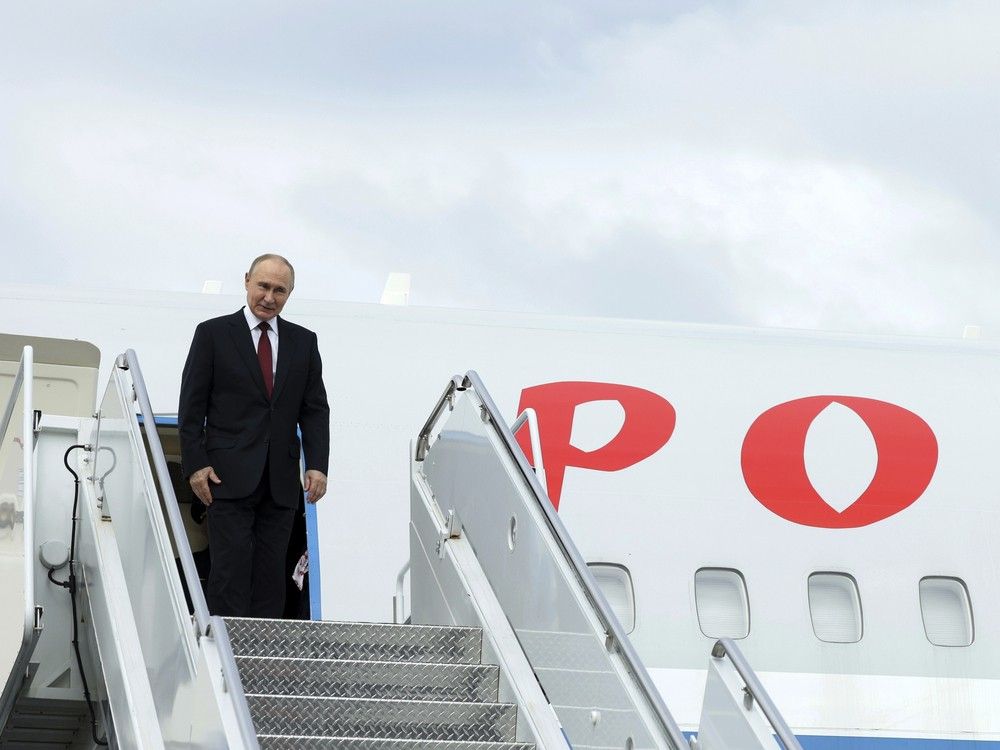
OTTAWA — Nearly six in 10 Canadians feel their country is more dangerous than five years ago, before Russia invaded Ukraine, India was linked to the murder of a Sikh-Canadian and Canada reckoned with the scourge of foreign interference.
In fact, only a paltry three per cent of Canadians believe Canada is a safer place now than it was five years, according to a January Ekos poll done on behalf of the Canadian Security Intelligence Service (CSIS) and recently published online.
The poll suggests the number of Canadians who feel Canada is more dangerous now than five years ago also more than doubled since 2021, the last time CSIS put the question to the public.
The reasons cited are all tied to the spy agency’s national security mandate and include international conflict, religiously motivated terrorism as well as foreign interference and transnational repression.
“Not surprisingly, in light of Russia’s invasion of Ukraine, foreign interference in Canadian affairs, and an assassination on Canadian soil, tracking… indicates that Canadians are now significantly more likely to feel Canada has become more dangerous than they were in 2021,” reads the report.
Many of the findings are positive for CSIS, including “broad public confidence” in the spy agency, a large boost in awareness of its mandate as well as a strong majority (77 per cent) who believe its mission is “very important.”
But behind the numbers hides a more concerning trend for CSIS: Canadians’ trust in the agency’s ability to keep them safe from threats such as espionage, terrorism, violent extremism and foreign interference is dropping.
While three-quarters of respondents said they have confidence in CSIS to protect Canadians from national security threats, it’s a 10-point drop from 2021.
“Despite an increase in belief in the importance of CSIS, tracking… reveals a decrease in confidence in CSIS’ ability to keep Canadians safe,” the report reads.
Respondents were also torn on whether CSIS has enough independence from elected officials, with 36 per cent saying yes and 35 per cent saying no (and 29 per cent saying they’re unsure).
In a statement,
CSIS spokesperson Eric Balsam celebrated the positive findings and recognized that the agency still has much room for improvement.
“We are pleased that three in four Canadians indicate confidence in CSIS. We recognize that there is more work to be done, and will continue working hard every day to earn that trust through robust transparency and accountability efforts,” Balsam said.
The survey results will likely also give the Liberal government pause as it prepares to push C-2, an omnibus security bill with sweeping new powers, through Parliament this fall.
Tabled in June, C-2 was sold
by the Liberals as a border safety bill and a response to concerns raised by U.S. President Donald Trump, but its impacts are far wider reaching.
The controversial legislation i
ncludes sweeping new powers to intercept or search communications including mail, increased powers for police and CSIS to access information without a warrant and increased intelligence collection and sharing across the federal government.
As the government prepares to move the bill in Parliament, poll results suggest fewer Canadian trust either CSIS or the government to strike a balance between Charter rights and national security since 2021.
“Tracking… reveals that the proportion of Canadians who say they trust the federal government to strike a balance between security and civil liberties has decreased somewhat over the past few years (from 56 per cent in 2021 to 49 per cent currently),” reads the report.
Furthermore, the survey suggests less than half (47 per cent) of respondents agree intelligence agencies such as CSIS should have more power while 52 per cent think they respect current laws when collecting information about Canadian.
In an interview, former national security analyst Stephanie Carvin said the results suggest a bumpy road ahead for the Liberals’ Bill C-2.
“I would say the government is fairly well positioned… on the basis of the survey to make arguments, but is going to have to justify these infringements on civil liberties,” said the Carleton University associate professor in national security.
“It’s not yet clear how the Canadian public is going to receive C-2 and the impact of the debate on (CSIS) going forward in terms of its perception in the public,” she added.
In his statement, Balsam suggested CSIS was aware of the concerns surrounding C-2 and was making efforts to assuage them.
“CSIS has met with a number of groups across all segments of society, to ensure that proposed changes to the CSIS Act are well understood. These amendments were carefully crafted to balance Charter rights,” Balsam wrote.
“The proposed amendments to the CSIS Act will ensure that CSIS can continue to collect the information it requires to advance investigations. The amendments would not change the type of information that CSIS can collect without a warrant, nor would it expand CSIS’ mandate,” he added.
The Ekos survey polled 2,045 Canadian adults, including 1,040 online respondents, between Jan. 9 and 22. The margin of error associated with the total sample is +/- 2.2 percentage points, 19 times out of 20.
National Post
cnardi@postmedia.com
Our website is the place for the latest breaking news, exclusive scoops, longreads and provocative commentary. Please bookmark nationalpost.com and sign up for our newsletters here.
